Why the Parkland conspiracy theories are different
They aren't an attempt to make crazy sense of a senseless tragedy. They are a way of saying to the tragedy's victims and survivors: You aren't even worth arguing with.

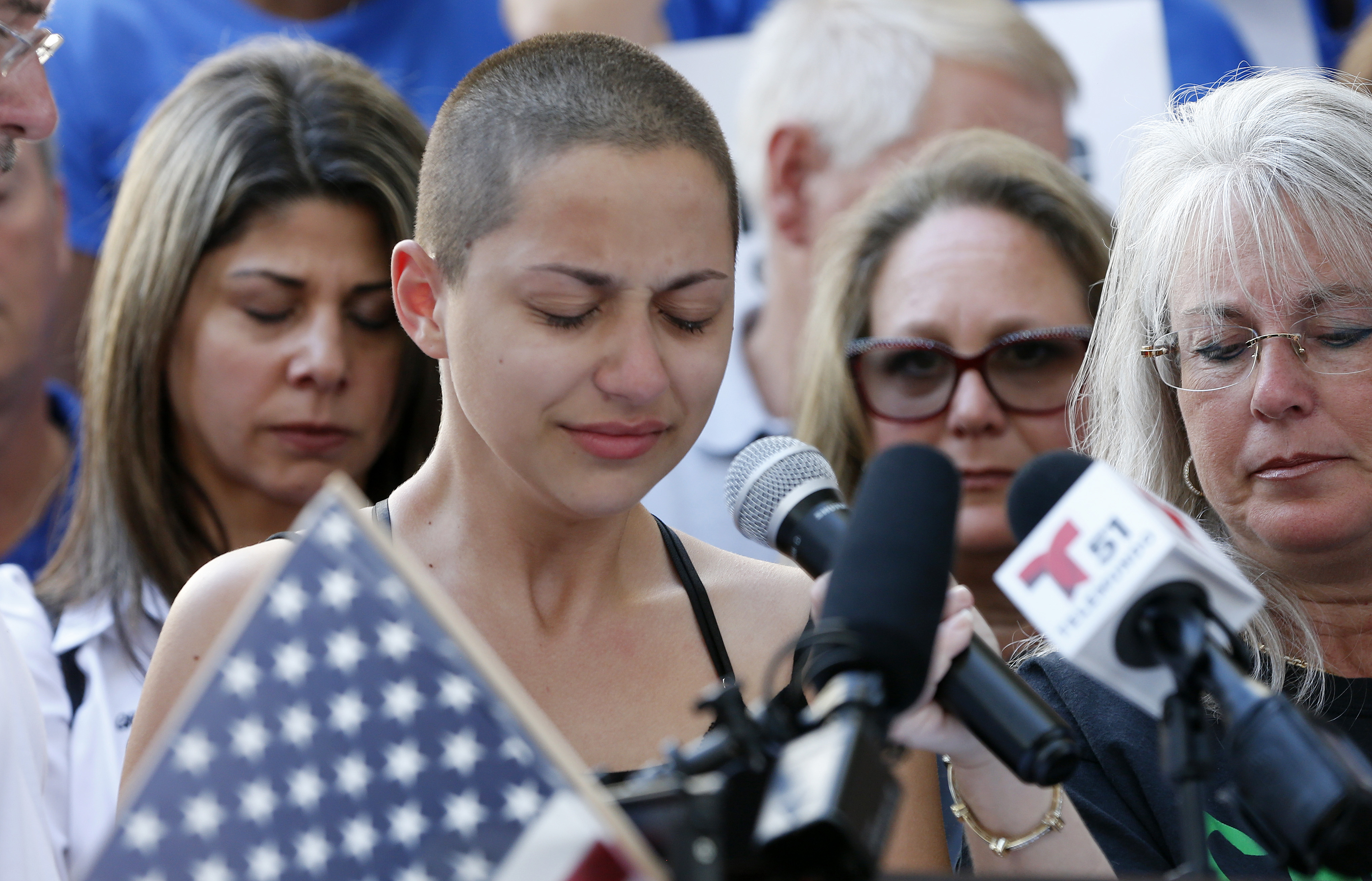
A free daily email with the biggest news stories of the day – and the best features from TheWeek.com
You are now subscribed
Your newsletter sign-up was successful
The moon landing was faked. The Holocaust never happened. Sept. 11 was an inside job.
Belief in the most outlandish conspiracy theories has long been a fixture of modern life. And as the mass murder of children in America's schools has also become a grimly familiar event, so has conspiratorial whispering — that the shootings were "false flag" operations orchestrated by anti-gun groups, or even that they never happened at all.
The latest entry on this paranoid list, in the wake of the Parkland school massacre, is the assertion that the student survivors — like 18-year-old Emma González and 17-year-old David Hogg — who have vocally advocated for legislative action, are not students at all, but "crisis actors" who go from shooting to shooting, pretending to be survivors in order to hijack these tragedies for the political cause of gun control.
The Week
Escape your echo chamber. Get the facts behind the news, plus analysis from multiple perspectives.

Sign up for The Week's Free Newsletters
From our morning news briefing to a weekly Good News Newsletter, get the best of The Week delivered directly to your inbox.
From our morning news briefing to a weekly Good News Newsletter, get the best of The Week delivered directly to your inbox.
It's a transparently absurd belief. If "crisis actors" were a thing, then we would see the same faces at the sites of different horrors. And if they weren't students, how to explain the ample evidence of their school attendance? But plausibility has nothing to do with the appeal of such theories, and attempting to rebut them using logic or evidence routinely backfires. The mere fact that many of the leaders of the nascent "Never Again" movement are members of the school drama club will undoubtedly be cited as proof that there is "some truth" to the wildest fantasizing.
How can people believe such crazy things? The prevalence of conspiracy theories, including transparently ludicrous ones, belies the common assumption that all who hold to them are clinically paranoid or otherwise incapable of functioning in the modern world. The common psychological explanations for the appeal of conspiracy theories cite two motivations: the need for control and a distrust of authority.
On the surface, conspiracy theories would seem to be profoundly disempowering. If shadowy groups control nearly everything that happens, then any mere individual is surely helpless before them. But on a psychological level, they offer the power of apparent knowledge. Other people may be surprised by events, but you who know the secret are never surprised, nor confused. By virtue of your ability to order events and ascribe definitive meaning to them, you gain a measure of control over them — in your own mind, at least.
By the same token, belief in conspiracy theories thrives when authority is distrusted. If the government and the media are lying to you routinely, then you have to seek out other sources of information to understand what is really going on. And if you are engaged in such a quest, is it so surprising if you gravitate to the sources that the great and good most fervently denounce? Your suspicion of the denouncers transmutes their very criticisms into recommendations.
A free daily email with the biggest news stories of the day – and the best features from TheWeek.com
But there's something insufficient about these explanation for the kind of conspiracy-mongering we're seeing right now in the wake of Parkland.
For one thing, when famous talk-show hosts and legislative aides — or the president's son — push such stories, it's hard to claim with a straight face that distrust of authority or a need for control are driving motivators. These are the authorities. They are in control.
And even if they are understood to be responding to customer demand — a Republican base eager for conspiratorial theories to explain away what they can see on their own television screens — the same insufficiency is apparent. Why turn to wild conspiracies to defend one's world view against teenagers? Why need a defense at all?
It's not as if there aren't arguments to be made against any particular gun control proposal. I find the maximalist pro-gun worldview thoroughly unpersuasive, but I recognize that it exists. There are people who believe that most proposed gun regulation will fail in its stated aims, that the measures necessary for it to succeed would be oppressive, and that the best way to prevent carnage in schools is to arm teachers and other adults. Why is it not enough to say that?
To engage in argument is to assume both the value and the possibility of persuasion. It implies you will listen and respond to your opponent. Perhaps the Parkland conspiracy theories are proving popular precisely because they offer a way to avoid precisely that.
Imagine that you believe the maximalist pro-gun worldview above. If you hold your ground, you'll be doing so in the faces of crying children who've just seen their friends murdered. If you hold your peace, you might have to suffer through some modest legislative losses. Either way, you have to admit that Emma González, David Hogg, and the other teenagers are people whose views and experiences matter. But if you can convince yourself that they don't matter at all, then your job is far easier. You need not reconcile yourself either to the necessity of persuasion or compromise.
The mildest form of the Parkland conspiracy theories suggests that David Hogg was "coached" by his retired FBI agent father to say what he did. Even supposing that were true, why that would invalidate his arguments is unclear. But if the purpose is to find a reason to ignore Hogg as a person, they will serve well enough. You no longer have to argue with him. And if Hogg is imagined to have never even been present at the massacre, or to have been replaced by a cunningly-manufactured android built by Jeff Bezos and financed by George Soros, so much the better.
When JFK was shot, it struck many Americans as a horrible blow against order, an invasion of chaos. Conspiracy theories were one way of staving off that chaos, restoring the universe's order. And the ructions of the later '60s lent plausibility to theories that implicated the power structure itself in the crime.
But the Parkland conspiracies aren't like that. They aren't an attempt to make crazy sense of a senseless tragedy. They are a way of saying to the tragedy's victims and survivors: You aren't even worth arguing with.
Noah Millman is a screenwriter and filmmaker, a political columnist and a critic. From 2012 through 2017 he was a senior editor and featured blogger at The American Conservative. His work has also appeared in The New York Times Book Review, Politico, USA Today, The New Republic, The Weekly Standard, Foreign Policy, Modern Age, First Things, and the Jewish Review of Books, among other publications. Noah lives in Brooklyn with his wife and son.
-
 Health insurance: Premiums soar as ACA subsidies end
Health insurance: Premiums soar as ACA subsidies endFeature 1.4 million people have dropped coverage
-
 Anthropic: AI triggers the ‘SaaSpocalypse’
Anthropic: AI triggers the ‘SaaSpocalypse’Feature A grim reaper for software services?
-
 NIH director Bhattacharya tapped as acting CDC head
NIH director Bhattacharya tapped as acting CDC headSpeed Read Jay Bhattacharya, a critic of the CDC’s Covid-19 response, will now lead the Centers for Disease Control and Prevention
-
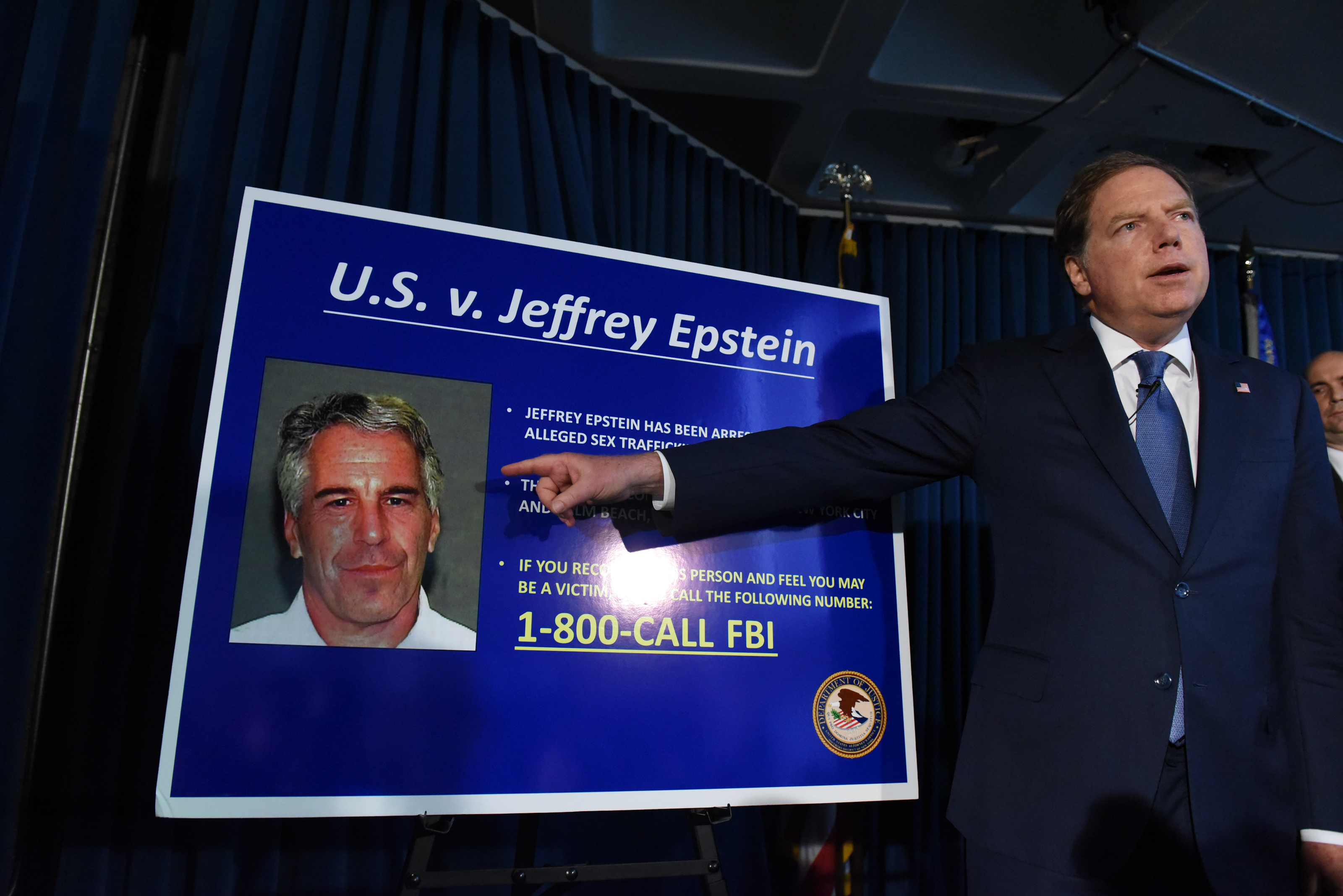 7 lingering questions about Jeffrey Epstein's death
7 lingering questions about Jeffrey Epstein's deathThe Explainer Truth can be as strange as conspiracy theories
-
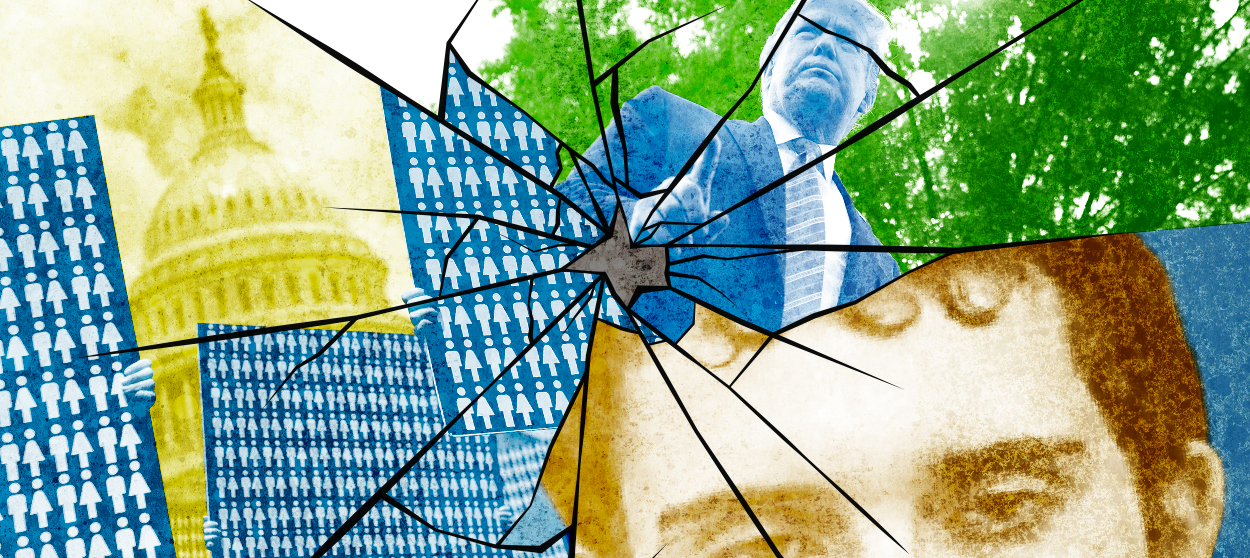 3 things everyone is getting wrong about the El Paso-Dayton shootings
3 things everyone is getting wrong about the El Paso-Dayton shootingsThe Explainer Mental illness is a red herring — but so is Trump
-
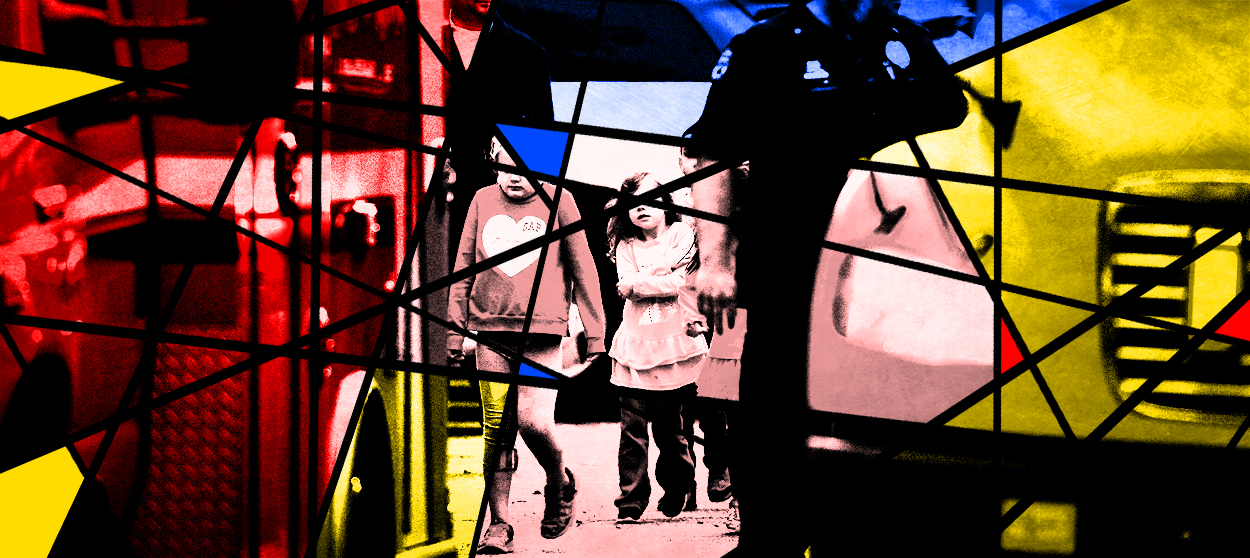 Is it dangerous to lionize the heroes of school shootings?
Is it dangerous to lionize the heroes of school shootings?The Explainer Honoring the children who die saving classmates is laudable — but we should tread carefully
-
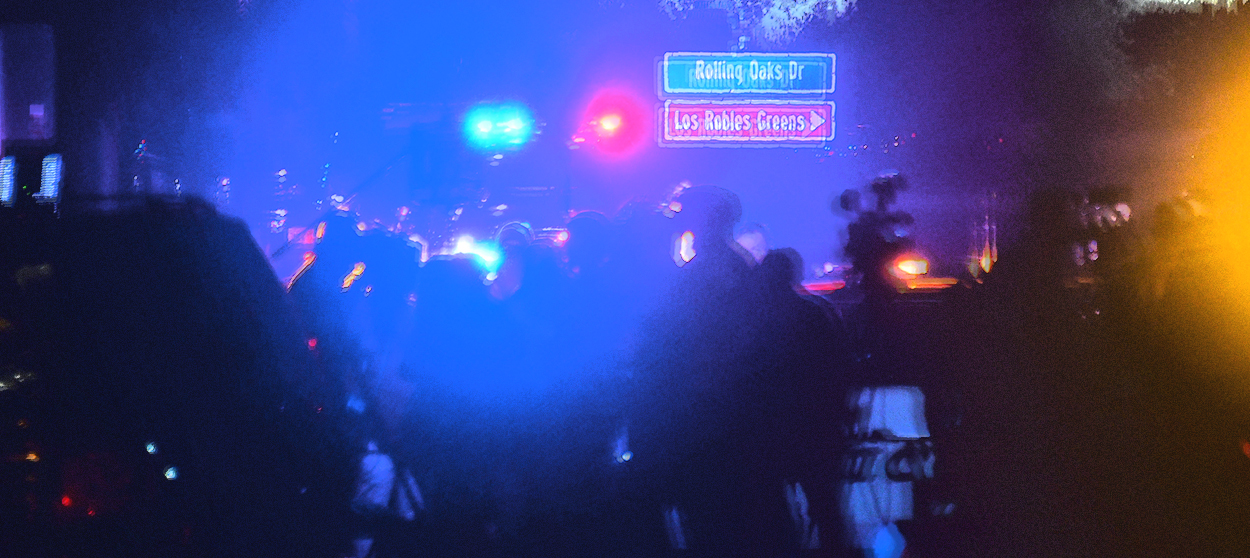 The fear we all live with
The fear we all live withThe Explainer What mass shootings have done to the American psyche
-
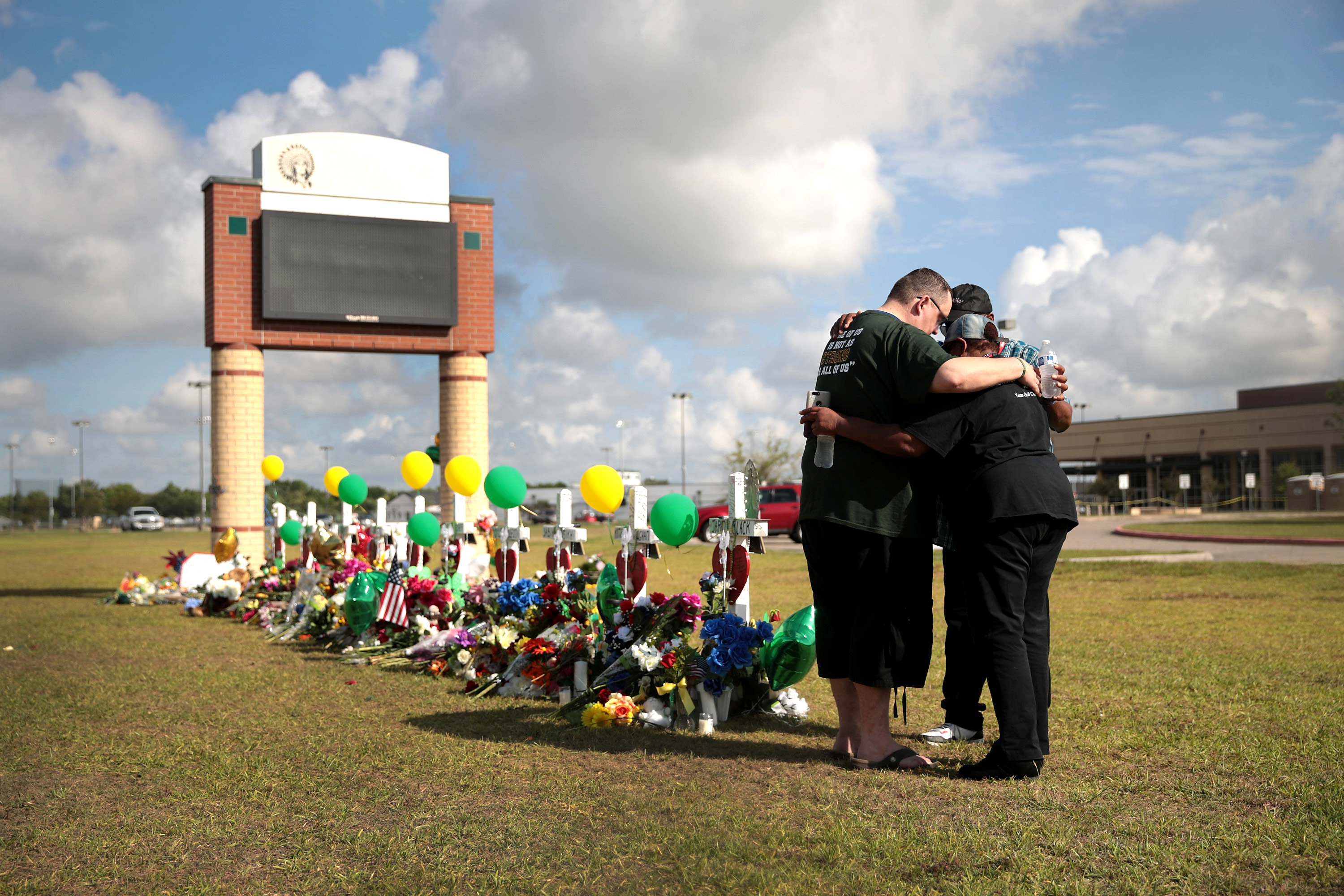 The sick phenomenon of school shooting contagion
The sick phenomenon of school shooting contagionThe Explainer Mass shootings can spread like a disease, with each massacre inspiring new rampages. Can the cycle of violence be stopped?
-
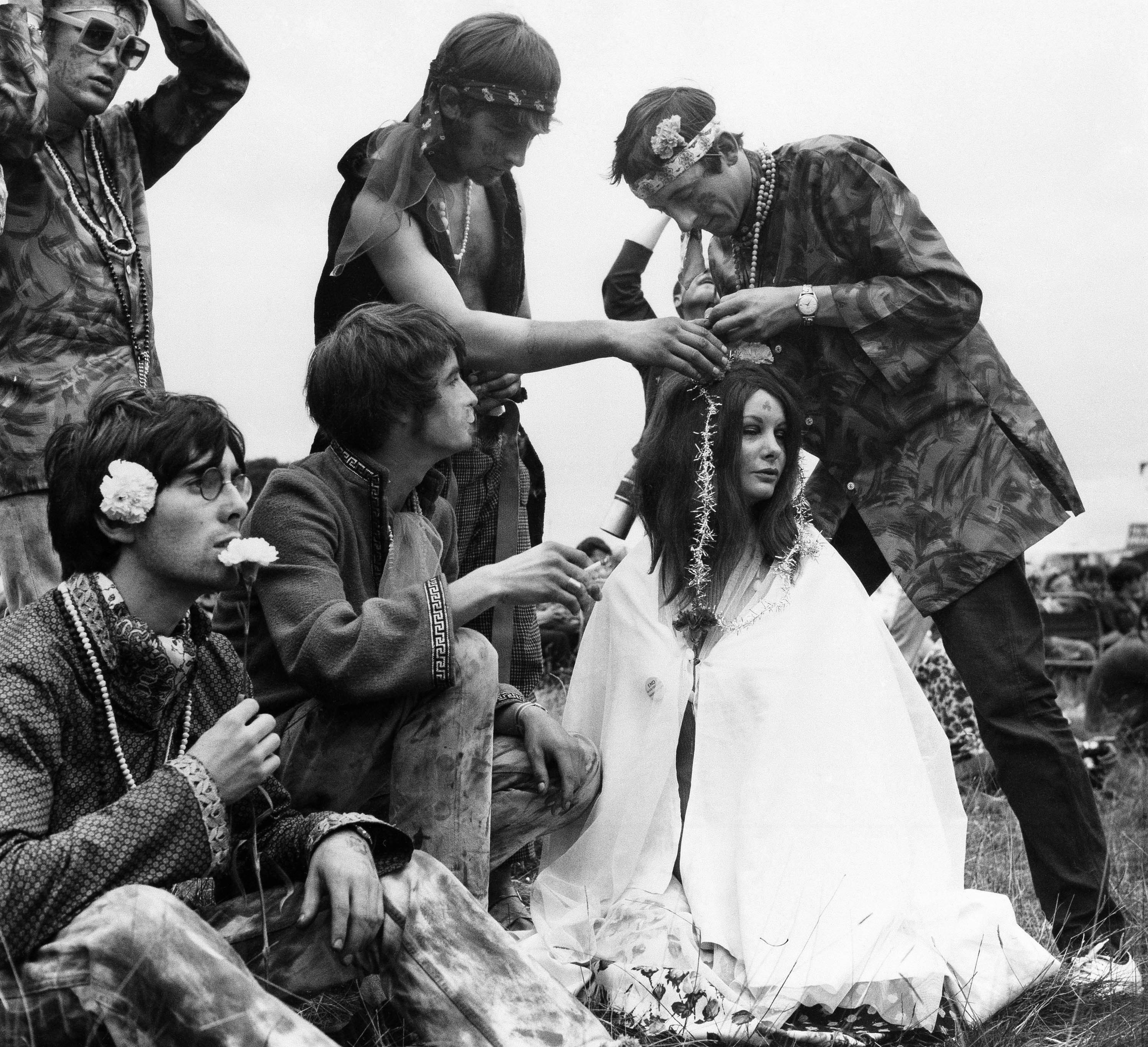 Sex, drugs, and the Summer of Love
Sex, drugs, and the Summer of LoveThe Explainer Fifty years ago this summer, 75,000 young people flocked to San Francisco to "turn on, tune in, drop out"
-
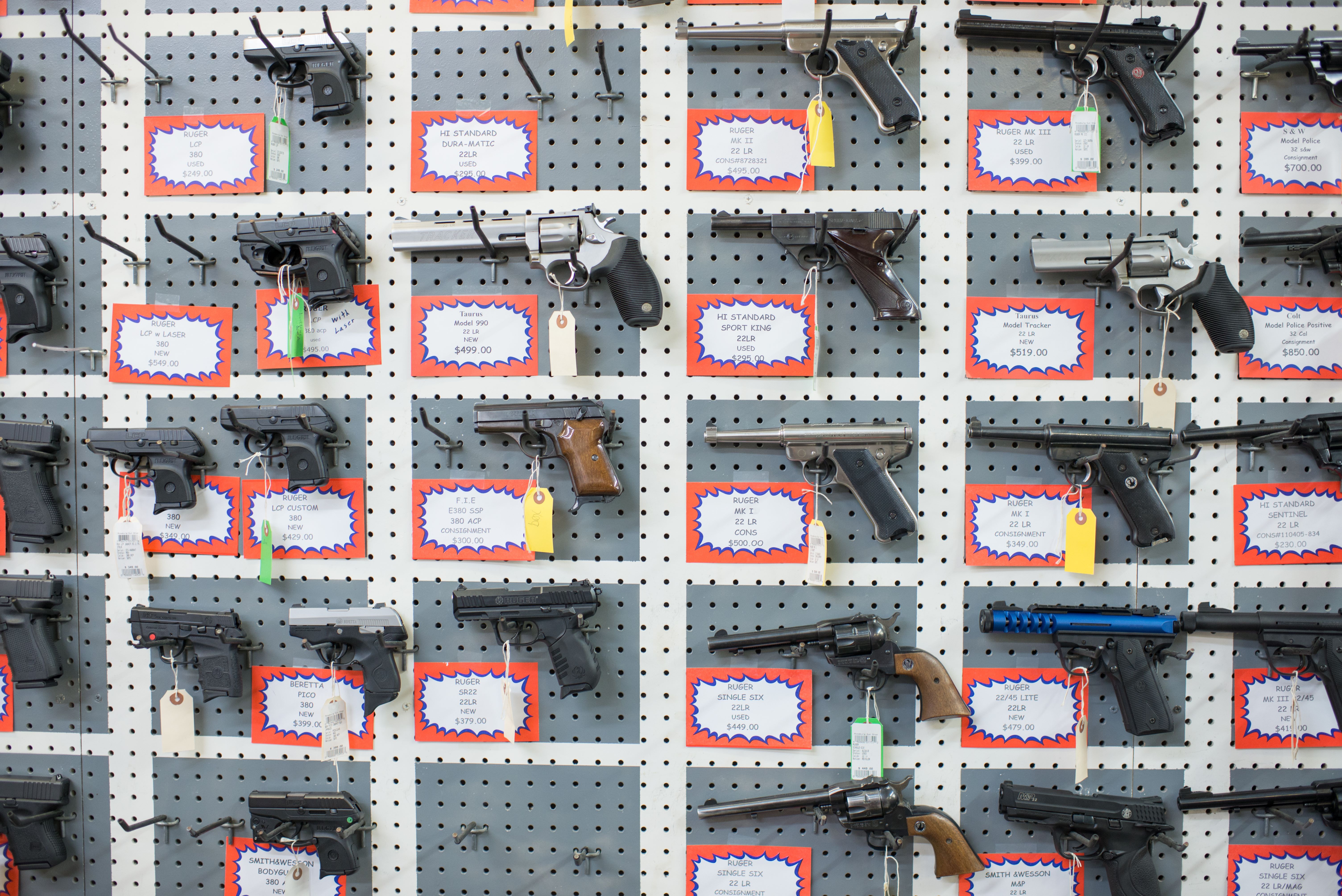 What we know about gun violence may surprise you
What we know about gun violence may surprise youThe Explainer Contradictions abound
-
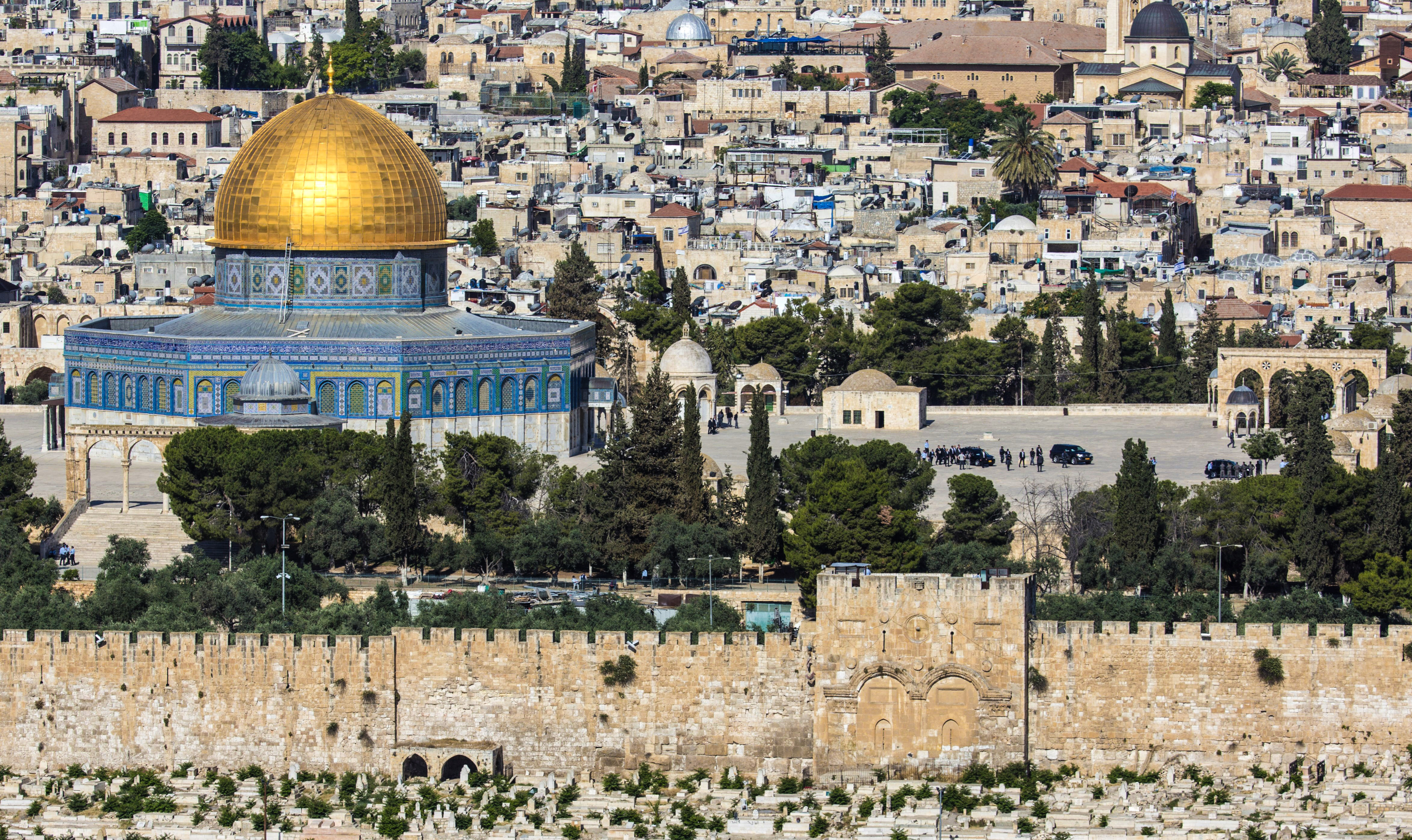 The struggle over the Temple Mount
The struggle over the Temple MountThe Explainer Rumors that Israel will take over Temple Mount have infuriated Palestinians, fueling a new wave of violence
